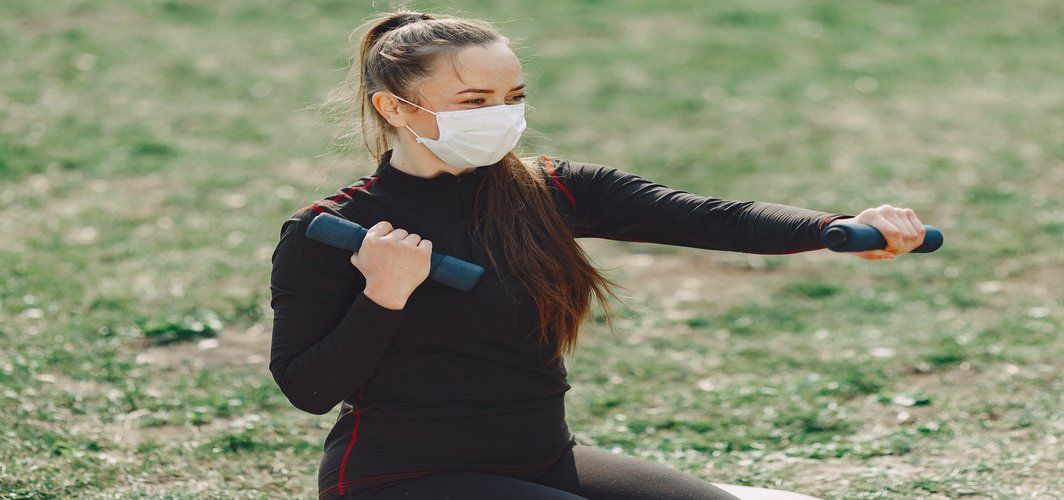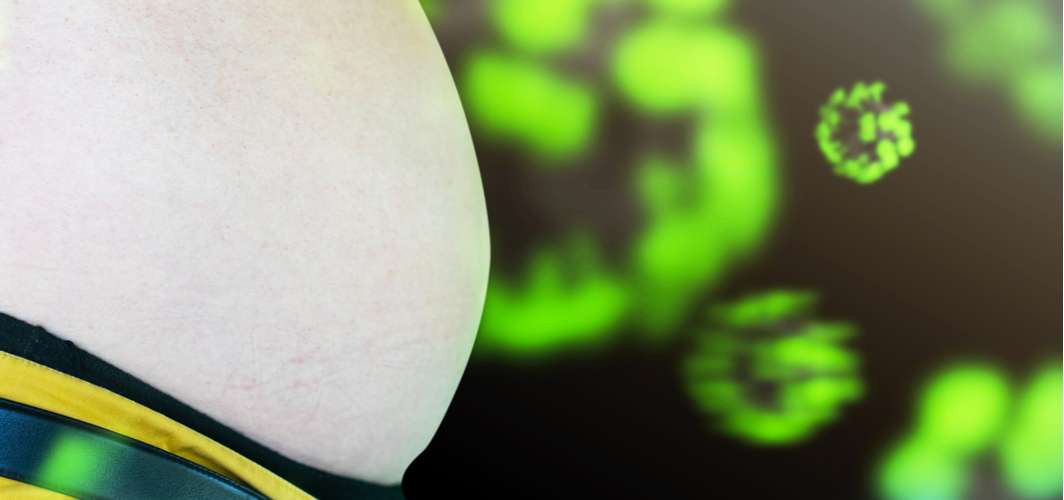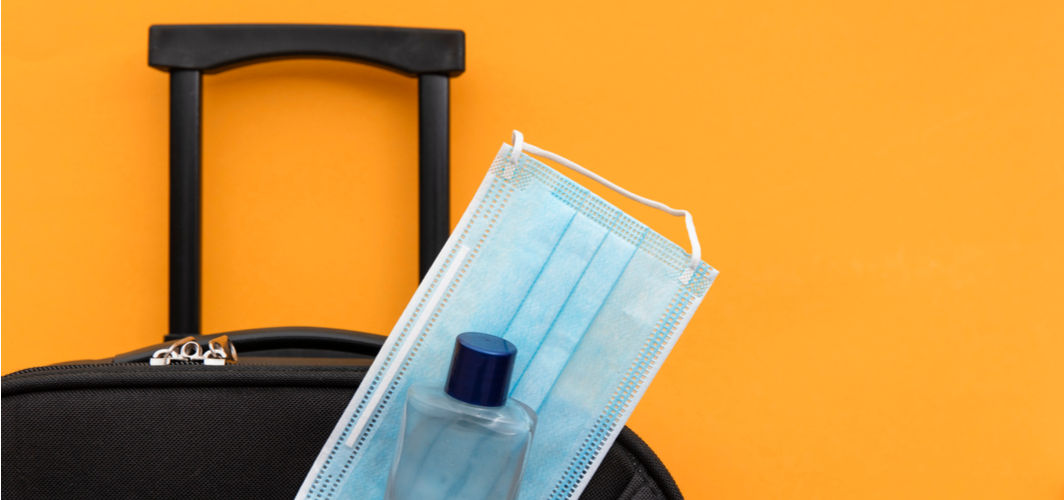Coronavirus Updates
Can Exercising or Working Out With a Face Mask be Dangerous?
5 min read
By Apollo 24/7, Published on - 12 August 2020, Updated on - 18 October 2022
Share this article
1
17 likes

When gyms across the country closed down to slow the spread of the COVID-19 pandemic, many of us resorted to getting some physical activity or working out, at home. It is a good idea to exercise at home to ensure safety but people who are keen to get back to the gym or are looking to go for a run may wonder if they should wear a face mask when exercising.
Let us try and answer it in this article.
Should you wear a face mask when exercising?
As per the World Health Organization (WHO), wearing a face mask when exercising can affect your ability to breathe easily. This may be because exercise results in harder and faster breaths leading to airflow constriction.
Though there is limited evidence of the dangers of wearing a mask while exercising, some health experts have pointed out that:
- Wearing a mask and exercising could potentially cause accumulation of carbon dioxide and in some cases may simulate the same effect of altitude training, although to a lesser level. This could be problematic for people with underlying health conditions.
- During exercise, your heart rate increases and wearing a mask may cause it to go up substantially. This can lead to dehydration, dizziness, light-headedness, and in a few cases, severe cardiac effects.
- Exercising results in sweating and causing the mask to get wet, creating room for microorganisms to grow. A wet mask can also lose its ability to block outgoing germs.
People who wish to work out in a public setup like a gym, park, etc. or are doing a high-intensity workout, are advised to wear a face mask made of a breathable fabric to allow comfortable breathing. Social distancing of at least 6 feet remains the best way to protect yourself in such settings. If you are exercising at home, you can do so without a mask.
Who specifically should be careful when exercising with a face mask?
People with cardiovascular or respiratory conditions like constructive obstructive pulmonary disease (COPD), asthma, bronchitis, and any condition that affects the lungs or heart are advised not to wear face masks when exercising without consulting a doctor.
People who are working out after a long time or are new to it can keep the intensity of the workout from low to moderate. It is important to recognize when breathing starts to get difficult. If any fainting or dizziness is experienced while working out, one should take a break, physically distance themselves, take their mask off, and breathe normally for some time.
Precautions to be taken when exercising with a face mask
While visiting the gym you can follow these precautions to lower your risk of Coronavirus infection:
- Wear a mask that allows you to breathe comfortably. Avoid using surgical masks while exercising as it may increase the difficulty in breathing.
- The risk of spread of Coronavirus through respiratory droplets can be higher while working out with a face mask if you are asymptomatic or pre-symptomatic. That is why it is important to keep a physical distance of at least 6 feet from others while working out at the gym.
- Cloth masks may get wet because of moisture accumulating from the exhaled breath. As a result, breathing can be restricted. This can be worsened if the weather is hot and humid. Hence, you are recommended to carry an extra mask with you during workout sessions to replace the damp one.
- To ensure that there is no virus transmission from your hands to the replacement mask, it is necessary to sanitise your hands before wearing it. An alcohol-based pocket sanitiser can come in handy during such times.
- Avoid touching your mouth, eyes, or nose when you remove your mask. After that, sanitize your hands immediately.
- Before leaving the house, make sure that the face mask is comfortable and secure. This will eliminate the need to touch your face to readjust it.
- Wash your masks regularly and ensure that it is completely dry before using them again. Refrain from reusing masks that are meant for single use.
Besides taking these precautions, it is also important that you follow some basic gym etiquette. This can be followed before and after the pandemic:
- Carry your own towels to the gym.
- Once you finish using any equipment, remember to clean it with a disinfectant wipe for the next user to use. Also, clean the equipment before you use it.
- Sanitize your hands using an alcohol-based hand sanitizer before and after using the gym equipment.
- Adjust your gym timings to ensure that you visit it when it is less crowded.
People falling under the high-risk category such as people aged 65 years and above, people with co-morbidities, pregnant women, and children aged below 10 years are recommended to exercise at home to minimize their risk of infection.
Conclusion
With various facilities like gyms gradually opening up, you may want to resume your workouts at the gym or go for a run. Face masks are considered effective safety tools during the pandemic and you may consider wearing them while exercising or running, to prevent viral transmission. However, you must remember to couple it with social distancing during workouts and follow effective hand hygiene once you get back home. Also, follow the precautions discussed above to lower your risk of infection when exercising.
Coronavirus Updates
Leave Comment
Recommended for you

Coronavirus Updates
Does Obesity Cause Severe COVID-19 Complications?
Recent research has revealed that obesity-related conditions can cause significant complications in COVID-19 infected people.

Coronavirus Updates
Travelling After Lockdown? Carry These Travel Essentials With You
Carry the travel essentials mentioned in this article while following the necessary precautions to prevent Coronavirus infection.

Coronavirus Updates
How to Improve Mental Health During COVID-19
Apart from following all the COVID-19 safety protocols to avoid infection and transmission of the virus, it is essential to follow a productive routine and stay emotionally connected with people.
Subscribe
Sign up for our free Health Library Daily Newsletter
Get doctor-approved health tips, news, and more.
Visual Stories

Explained: The Highly Transmissible SARS-CoV-2 Variants
Tap to continue exploring
Recommended for you

Coronavirus Updates
Does Obesity Cause Severe COVID-19 Complications?
Recent research has revealed that obesity-related conditions can cause significant complications in COVID-19 infected people.

Coronavirus Updates
Travelling After Lockdown? Carry These Travel Essentials With You
Carry the travel essentials mentioned in this article while following the necessary precautions to prevent Coronavirus infection.

Coronavirus Updates
How to Improve Mental Health During COVID-19
Apart from following all the COVID-19 safety protocols to avoid infection and transmission of the virus, it is essential to follow a productive routine and stay emotionally connected with people.